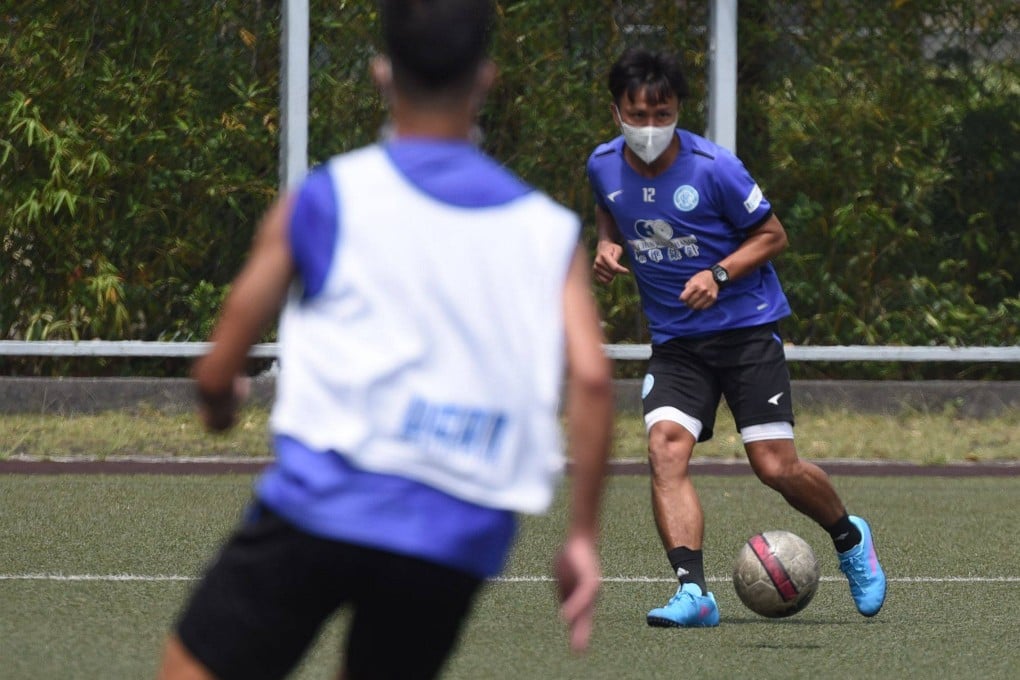Editorial | Hong Kong’s wholesale ban on sport has had a devastating impact
- Sport in Hong Kong from young athletes to professional teams was hit hard by the impact of Covid-19. Now that the outbreak has eased and sport is returning, plans must be put in place to ensure training and competition can continue should there be another surge in cases

Football fans around the world were glued to their screens last week as top teams from England and Spain battled it out in the final stages of Europe’s elite competition. But Hong Kong supporters can take pride in the performance of one of the city’s leading clubs in the equivalent tournament in Asia. Kitchee became the first Hong Kong team ever to advance to the knockout stages of the Asian Champions League, with a thrilling 2-2 draw against top-flight Japanese side Vissel Kobe in Thailand last weekend. The result means Kitchee go through to the next round in August when they will play the Thai champions.
Their landmark passage through the group stages was achieved despite preparations being disrupted by the city’s biggest outbreak of Covid-19. Sports events were cancelled in January and facilities closed. Even professional teams had nowhere to train. Kitchee flew to Thailand weeks before their first match to ensure they could train.
The move paid off, with two narrow wins against Thai team Chiangrai United followed by the crucial draw against Vissel Kobe.
This triumph in adversity should not prevent reflection on the way the city responds to future outbreaks of Covid-19. The wholesale ban on sport has had a devastating impact.
Top athletes in elite sports were able to continue training indoors at the Sports Institute in a “closed-camp” environment. But other sports and lower level competitors were seriously affected. The Premier League football season was cancelled. Swimming pools, tennis courts and basketball facilities were shut. Golfers could not play. Seven months went by without a senior athletics meeting. Facilities only opened again late last month, and even then participants were – until last week – required to wear masks.
